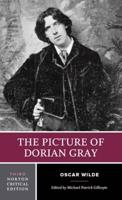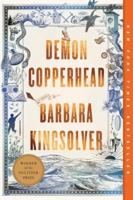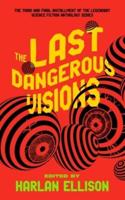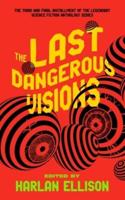Publisher's Synopsis
The Awakening of Spring
A Tragedy of Childhood
By Frank Wedekind
Translated from the German by Francis J. Ziegler
'Sexually Explicit and Confronting Drama'
'One of Wedekind's most well-known and lasting plays, The Awakening of Spring is a fascinating read..'
'Great Drama'
'...sexually oppressive culture of nineteenth century Germany and offers a vivid dramatisation of the erotic fantasies that it breeds...'
Spring Awakening (also translated as Spring's Awakening and The Awakening of Spring) is the German dramatist Frank Wedekind's first major play and a seminal work in the modern history of theatre. It was written sometime between autumn 1890 and spring 1891, but did not receive its first performance until 20 November 1906, when it premiered at the Deutsches Theater in Berlin under the direction of Max Reinhardt. It carries the sub-title A Children's Tragedy. The play criticises the sexually oppressive culture of nineteenth century (Fin de siecle) Germany and offers a vivid dramatisation of the erotic fantasies that it breeds. Due to the controversial subject matter, the play has often been banned or censored.
It was first staged in English in 1917 in New York City. This performance was threatened with closure when the city's Commissioner of Licenses claimed that the play was pornographic, but a New York trial court issued an injunction to allow the production to proceed. One matinee performance was allowed for a limited audience. There was a 1955 Off-Broadway production at the Provincetown Playhouse. In 1963, the play was produced in England, but for only two nights and in censored form. It was also produced in 1978 by Joseph Papp, directed by Liviu Ciulei. A musical adaptation of the play opened off Broadway in 2006 and subsequently moved to Broadway, where it garnered eight Tony Awards, including Best Musical. The play was adapted for television as The Awakening of Spring in 2008, under the direction of Arthur Allan Seidelman. It starred Jesse Lee Soffer, Javier Picayo, and Carrie Wiita.









